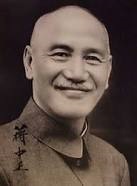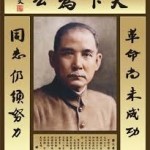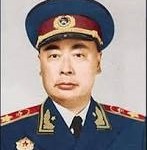《壬戌六月禁锢中聞變》《Thoughts in Prison (1922)》Liao Zhong Kai (1877-1925)
珠江日夕起風雷Winds and thunder may blunder over the Pearl any day
已倒狂瀾孰挽回The tide to counter the revolution rise and prevail
徵羽不調弦亦怨The musical notes in disharmony the strings in acrimony
死生能一我無哀To live or die is no longer my worry Continue reading


